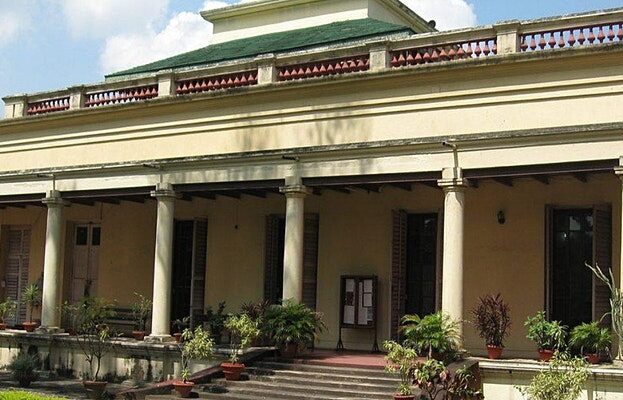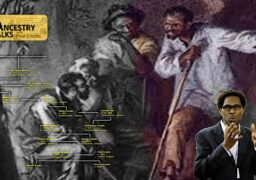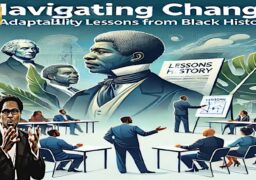
Trade, Conquest, Enlightenment and Revolution: the forgotten history of French colonialism in Bengal By Dr Robert Ivermee
While the story of the rise of the English East India Company is familiar to those interested in the history of Bengal, French colonialism in the region is little known or understood. This paper explores the French presence in Bengal from the arrival of the Compagnie des Indes at the end of the seventeenth century through until the end of French colonial ambitions in India during the Napoleonic period. The relationship between the Compagnie and the government of the Nawabs is considered, along with the growing tension and competition between the French and English in Bengal. Like its English counterpart, it is suggested, the Compagnie harboured ambitions that were political, not simply commercial – ambitions that persevered long after the Battle of Plassey and the de facto establishment of English rule in Bengal.
As Enlightenment ideas of rights and representation began to circulate in France, French colonialism was invested with new meanings: freeing Bengal from the yoke of English dominance became a key justification for the continued French presence in India. Ultimately, French plans to dislodge the English from the subcontinent were defeated, not least because of the upheaval of the French Revolution, the repercussions of which were strongly felt in the French territories in India. In Bengal, however, the political and intellectual currents unleashed by French Enlightenment thinkers lived on into the nineteenth century and beyond.
Dr Robert Ivermee is a global and imperial historian focused on British and European colonialism in South Asia. He works in higher education management at SOAS University of London and teaches at the Catholic University of Paris. His most recent book, Hooghly: The Global History of a River, considers the integration of the River Hooghly in Bengal into global networks of encounter and exchange during the European colonial age.







